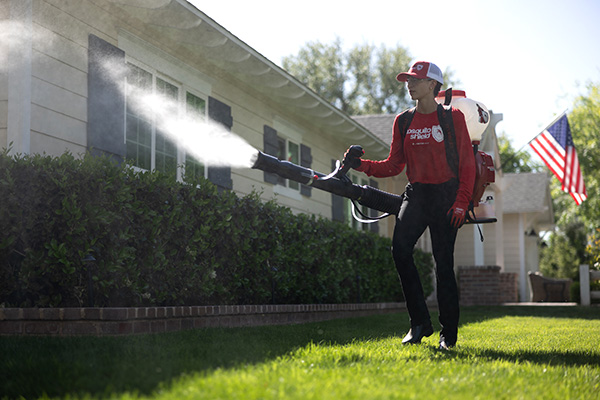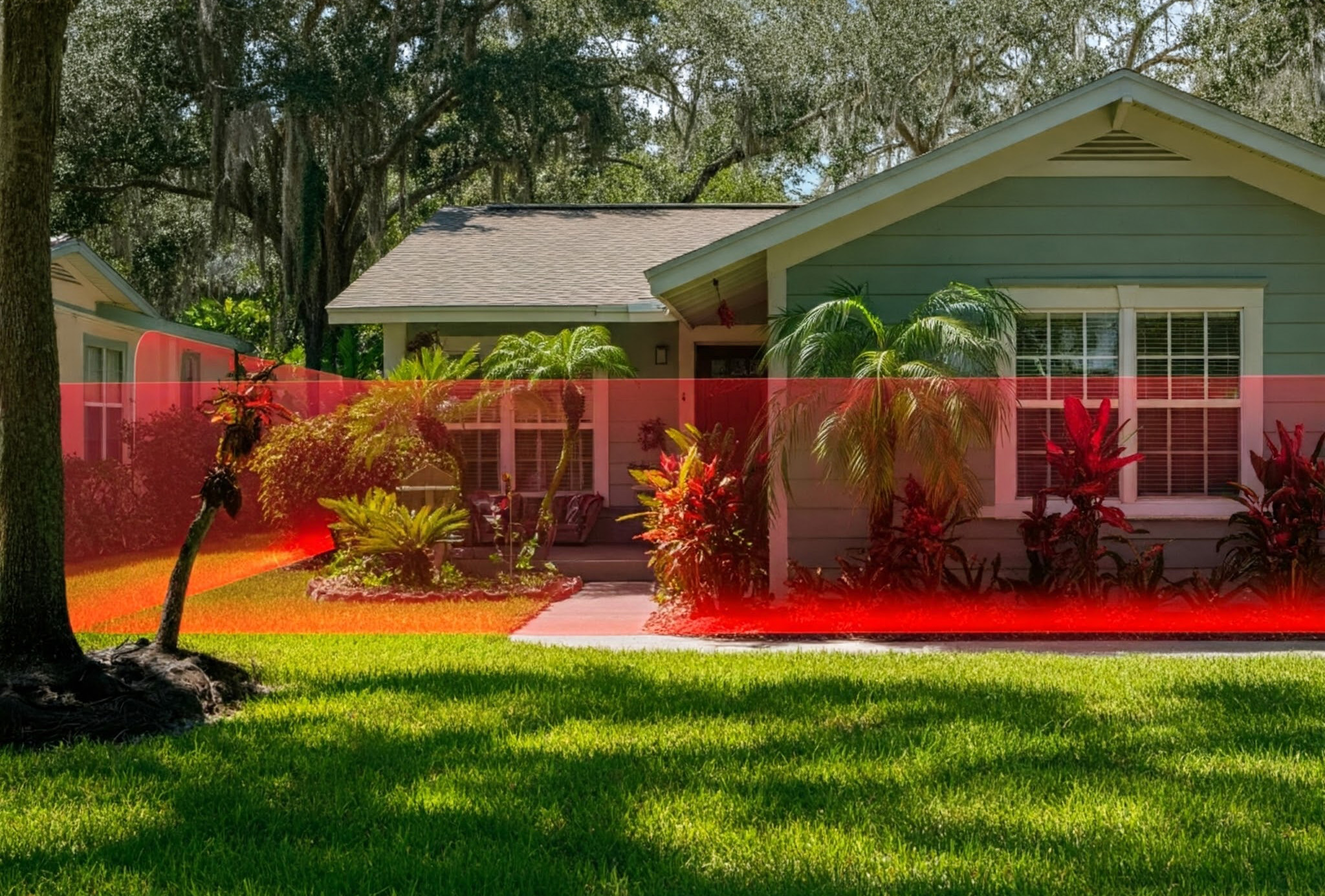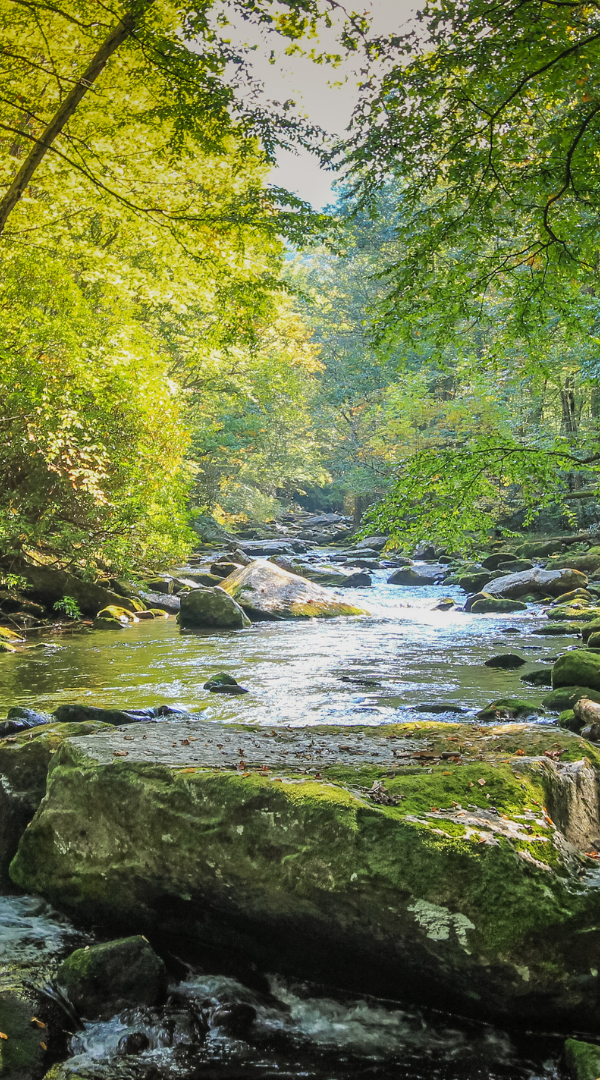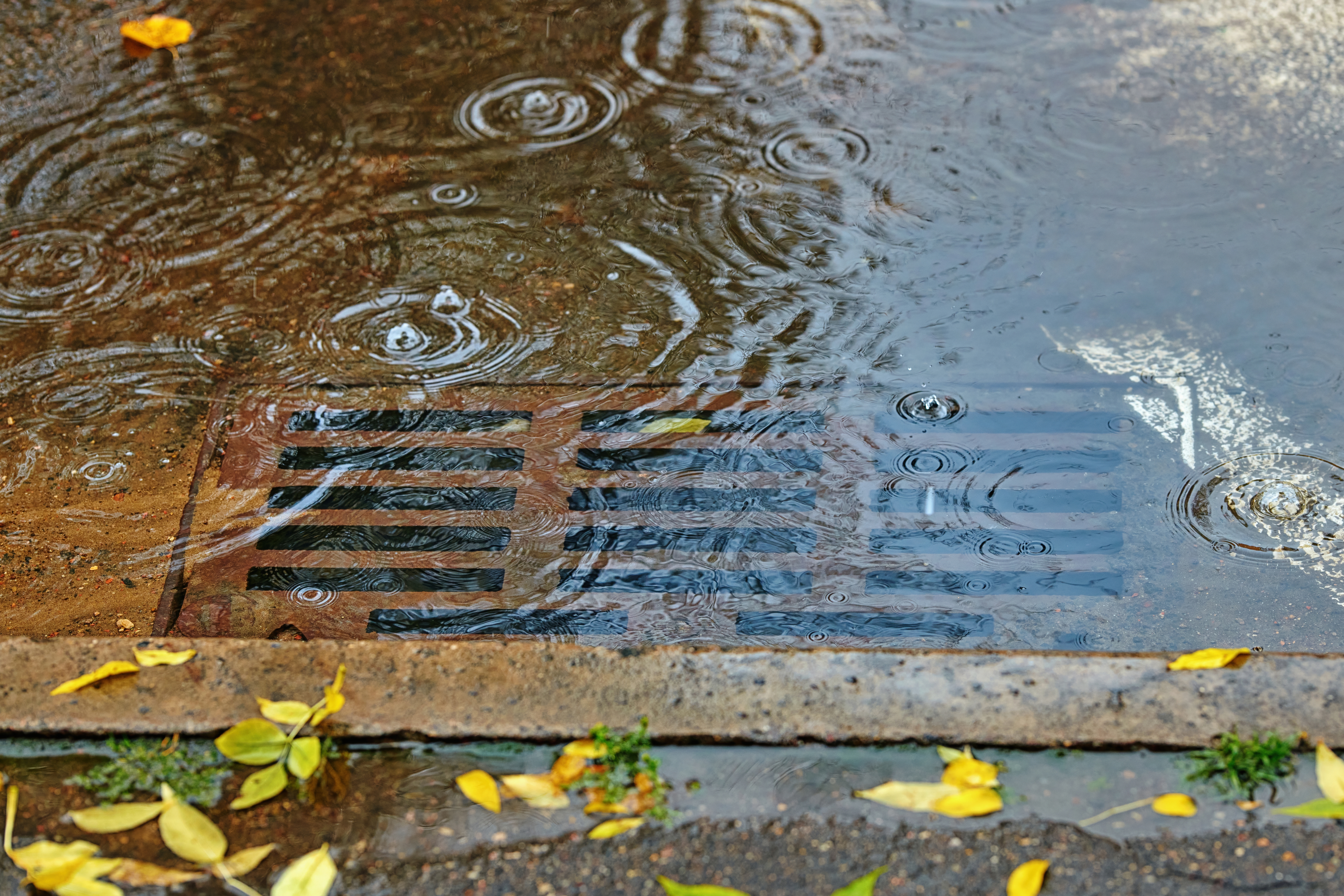Experience relaxation and peace in your backyard with our proven mosquito control solution. Trusted by families in Mount Juliet, our innovative approach not only repels mosquitoes but also establishes a durable barrier customized to your outdoor environment. Mosquito Shield of North & East Nashville is dedicated to creating mosquito-free zones, so you can enjoy your outdoor spaces without interruption.

Effective mosquito control in Mount Juliet, TN, that drives mosquitoes away and keeps them out of your yard.

Enjoy mosquito-free outdoor time in Mount Juliet with treatments designed to provide lasting results.

Highly rated mosquito control services in Mount Juliet, trusted by residents to enhance outdoor living.

Mount Juliet, Tennessee, is a growing suburb east of Nashville, known for top-rated schools, family-friendly neighborhoods, and abundant greenway trails. Located near the Cumberland River and rolling farmlands, the area combines rural charm with suburban appeal. However, its humid subtropical climate and rich tree cover make it prone to mosquito and tick activity, notably during Tennessee’s long warm season.
Mount Juliet’s landscape of yards, woodlands, and river corridors provides ample habitat for mosquitoes.
Residents face threats from mosquito-borne diseases like West Nile and Eastern Equine Encephalitis, and tick-borne illnesses ranging from Lyme disease to Rocky Mountain Spotted Fever. The presence of Lone Star ticks in the region also raises concerns about Alpha‑Gal Syndrome—an emerging red‑meat allergy.
Local measures include:
We work with Mount Juliet residents to reduce pest threats through timely treatments and expert monitoring. A combined approach of professional services and informed community action ensures safe and pest-free outdoor living.

The weather in Mount Juliet plays a key role in pest cycles. Mosquito season begins around April, growing severe through June–October during hot, humid months with frequent rainfall. Ticks are active from April through October in cool, dense grasses and wooded areas, with activity continuing any time temperatures stay above 45–50 °F. Mild, wet winters may allow sporadic pest presence.

